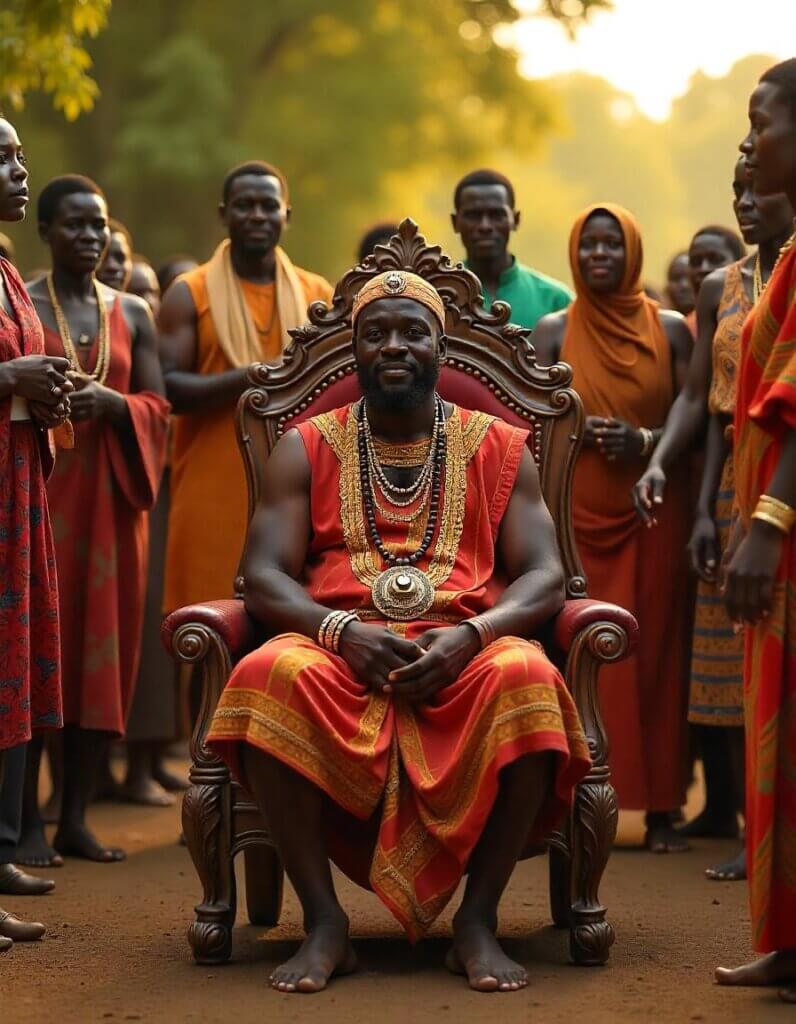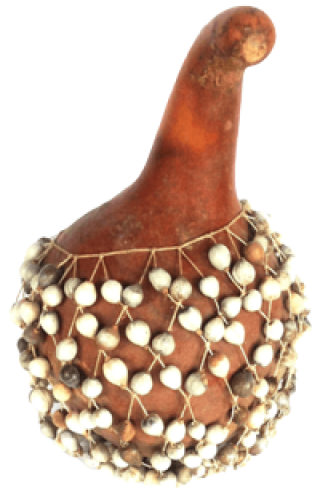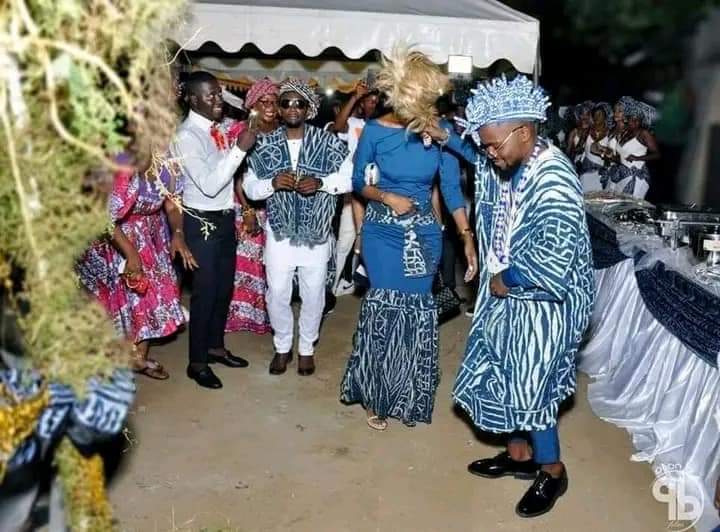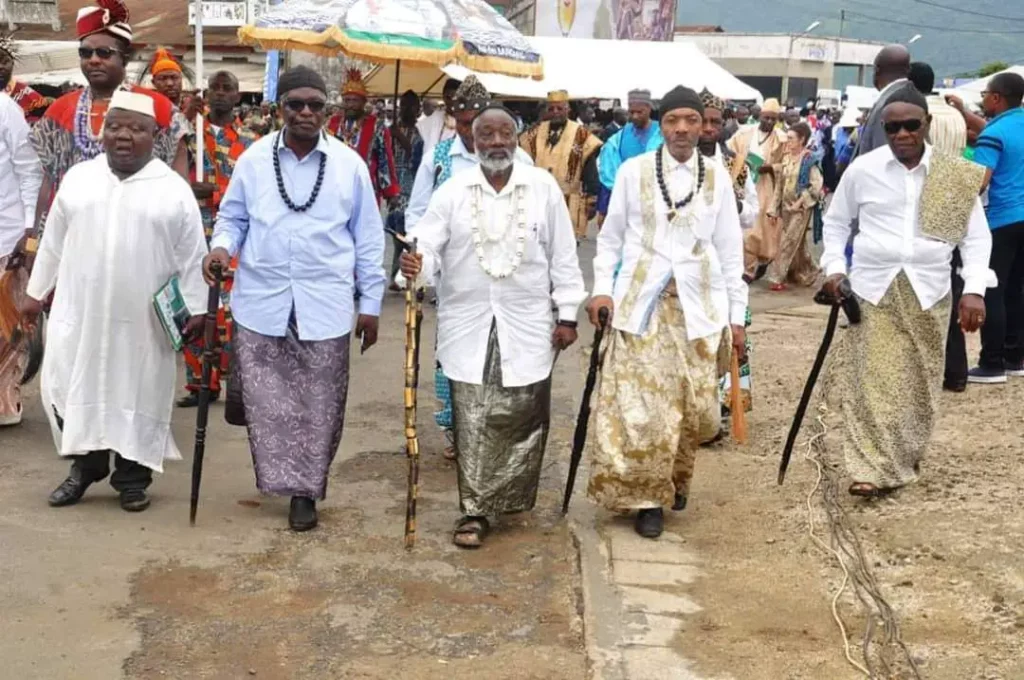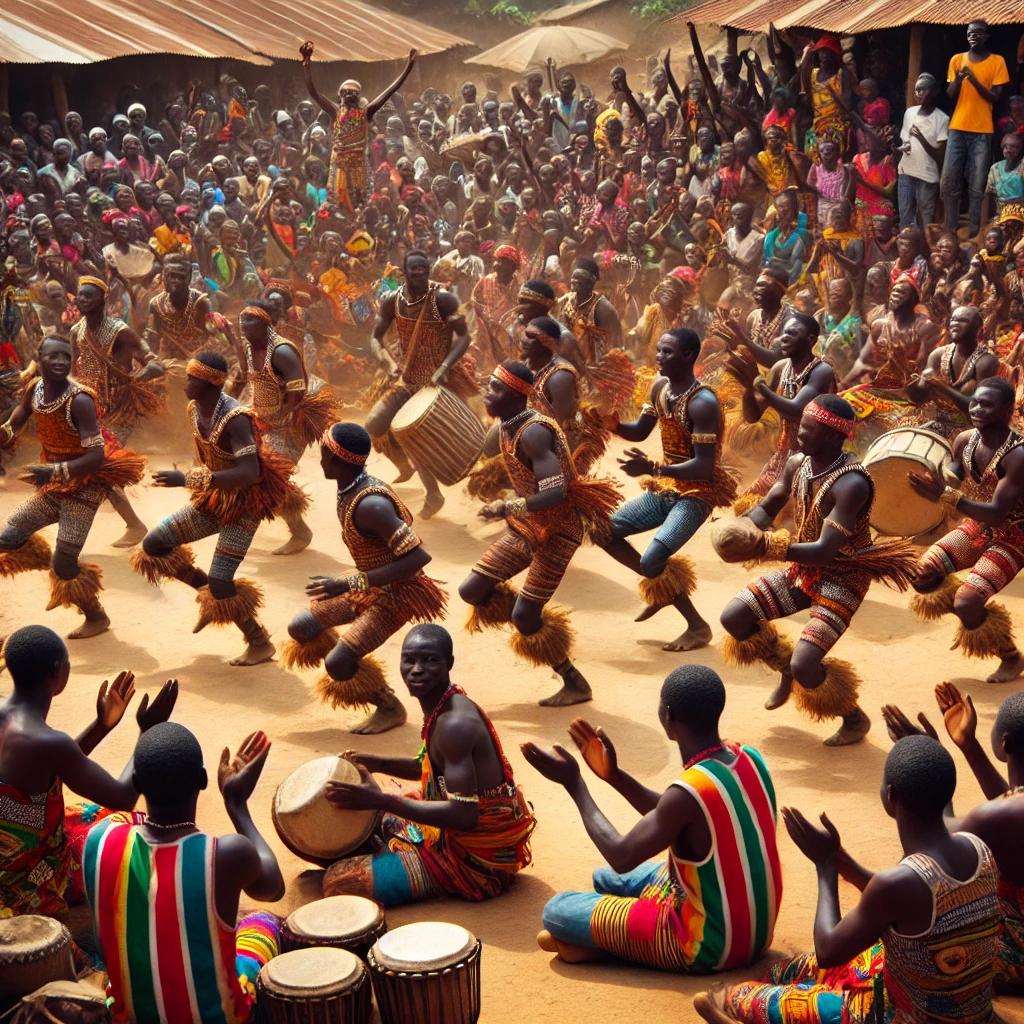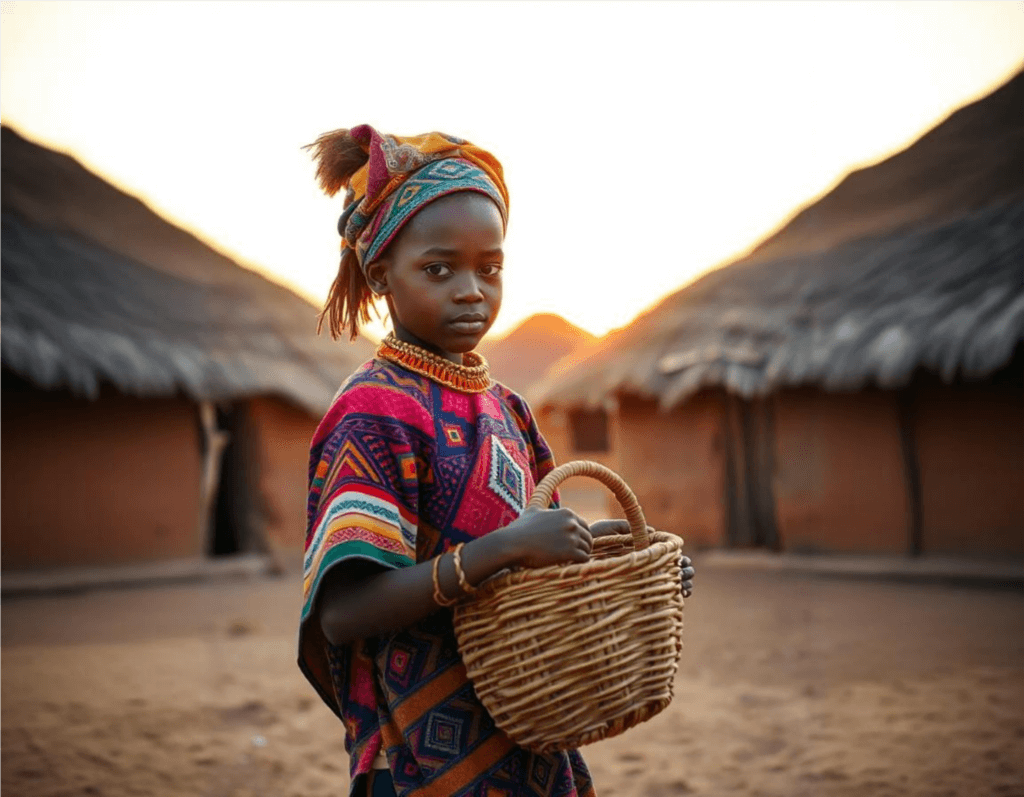Succession in the Traditional Chieftaincies of Cameroon
In Cameroonian culture, succession to the throne is a matter of direct lineage, handed down from father to son. The intervention of uncles or brothers within the same lineage is forbidden, except in exceptional circumstances.
Unlike administrative elections, accession to the throne in a traditional chiefdom does not depend on a vote. The process is similar in most Cameroonian ethnic groups, such as the Beti, Bamiléké and Sawa. As soon as the chief dies, his burial is immediately followed by a succession procedure to designate and present his successor at the official funeral.
Is age an obstacle to succession?
The age of the successor does not prevent his or her designation. Whether the successor is young or old, the appointment must respect village traditions and values. However, in some cases, very young successors are unable to assume their role immediately. To avoid a power vacuum, a third party (uncle, brother, cousin) may be appointed as interim guardian. This process can lead to conflict, however, as some custodians refuse to return the throne to the rightful successor, provoking power struggles. A notable example is that of the chief of the Batcham chieftaincy, SM Djeutsa Sonkoué Adrien, who ascended the throne at just 13 years of age.
The Dangers of Testamentary Succession
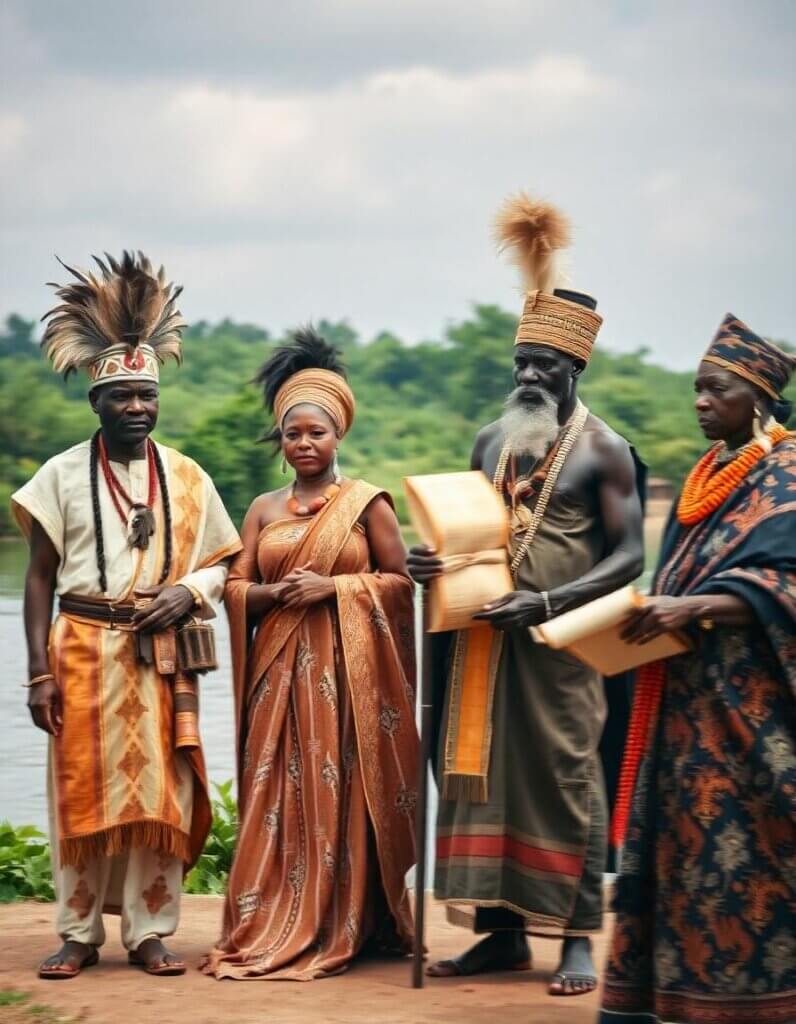
Sometimes, the deceased chief leaves a will designating a successor, which can conflict with local traditions and cause divisions within the community. In the absence of children, it is usually the deceased’s brothers who choose a successor. However, testamentary writings may also name a son or another member of the lineage, even if they are not the natural heirs. Thus, before his death, King DIKA MPONDO appointed his son MPONDO DIKA Ludwing to succeed him, despite customary practice.
The Elective Principle and Chieftaincy
With decentralization, traditional chiefs become auxiliaries to the administration. Although the administration installs chiefs via a competent authority, the elective process by a college of notables or village chiefs is not in line with traditional law. Only members of the ruling family can claim the throne, and those who are not eligible should not participate in the election of a chief.
Example of the Bomono Ba Jedu chiefdom
The case of the Bomono Ba Jedu chieftaincy highlights the importance of keeping succession within the ruling family, without interference from an outside electoral college.
